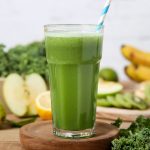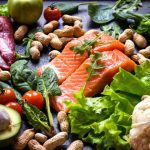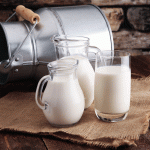Whether you’re lactose-intolerant, vegan, or just want to change up your milk routine, milk alternatives can provide you with decent nutrition and a variety of flavors to keep things interesting. With so many options, the grocery store shelves might be a little intimidating. This post may be helpful with a list of the top healthy alternatives to milk.
Contents
Healthy Alternatives to Milk
Soy milk
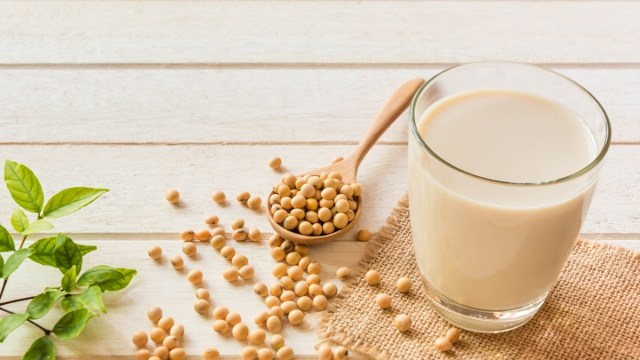
Soy milk is a bean extract of soybeans that is regularly available in sweetened, unsweetened, and flavored forms, including chocolate and vanilla, and is a popular alternative to dairy milk.
Soy milk is nutritionally equivalent to cow’s milk in many aspects. It’s frequently fortified with calcium, vitamins A and D, and riboflavin, and each serving typically contains 8 to 10 grams of protein. Isoflavones, which have been linked to a lower risk of heart disease, have been found in soy milk.
Coconut milk
The flesh of mature coconuts is used to make coconut milk. Lauric acid, a saturated fatty acid found in coconuts, is converted to monolaurin in the body. Monolaurin is an antibacterial and anti-inflammatory drug that has been found to strengthen the immune system.
Coconut milk, although having a saturated fat, has been demonstrated to reduce the risk of cardiovascular disease by boosting the levels of high-density lipoproteins (HDL), or “good” cholesterol, in the body.
Almond milk
When you’re trying to lose weight, almond milk is a wonderful dairy substitute. Water and crushed almonds are used to make this nut milk. The bad news is that almond milk is quite low in protein, with only 1 gram per cup! Although most almond milk variations are supplemented with vitamins and other elements, certain kinds lack vitamin D and calcium. Because its calories come from healthy, unsaturated fats, almond milk is creamier and thicker than other choices.
Rice milk
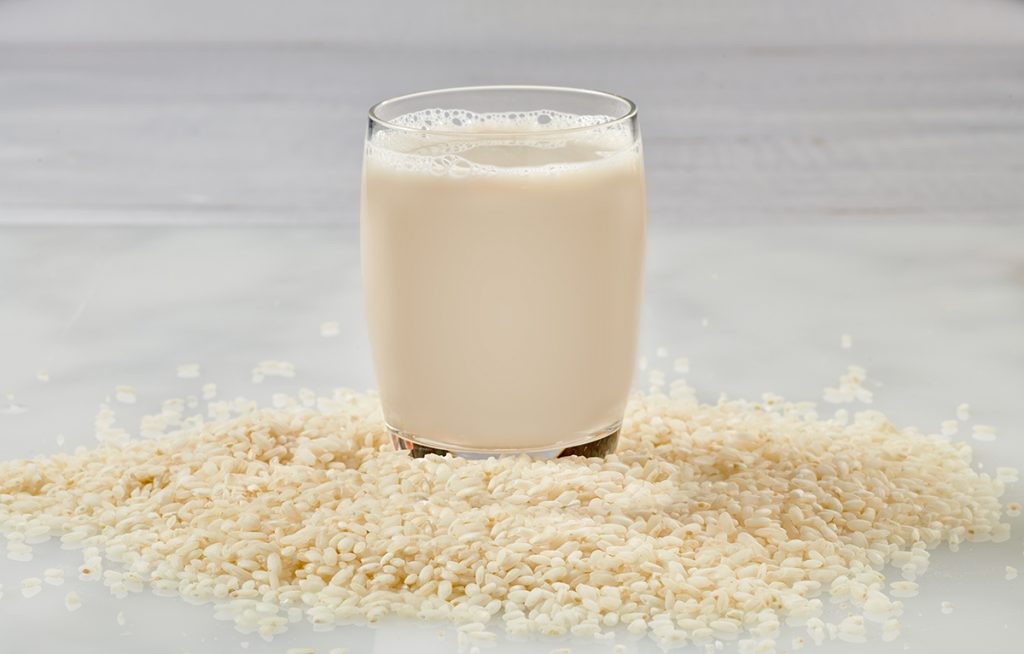
Rice milk is a popular substitute for cow’s milk, made from cooked rice, brown rice syrup, and brown rice starch. Rice milk is the most allergy-friendly of the milk substitutes. It’s soy, gluten, and nut-free, which is helpful for people who are allergic to or can’t tolerate these components.
However, rice milk is high in carbohydrates, which is a disadvantage if you’re trying to lose weight. In comparison to dairy milk, it’s also poor in protein and calcium.
Oat milk
Oat milk is created from oats that have been mixed and strained. Vitamin B, iron, calcium, magnesium, and beta-glucan are all included in the oats, which provide the drink a lot of nutrients. Beta-glucan is a soluble fiber that has been demonstrated to benefit heart and digestive health by decreasing cholesterol and giving prebiotics to the stomach.
Flax milk
Most flax milk is created by organic, morally conscious enterprises that use non-GMO flax and is a touch thin and sweet.
Flax milk is high in fiber and alpha linoleic acids, which have been used to prevent and treat heart and blood vessel disorders. It prevents heart attacks, lowers high blood pressure, lowers cholesterol, and reverses blood vessel hardening.
This non-dairy option has the same amount of calcium as conventional milk when fortified, so it’s suitable for those who need healthy, appropriate calcium levels.
Hemp milk
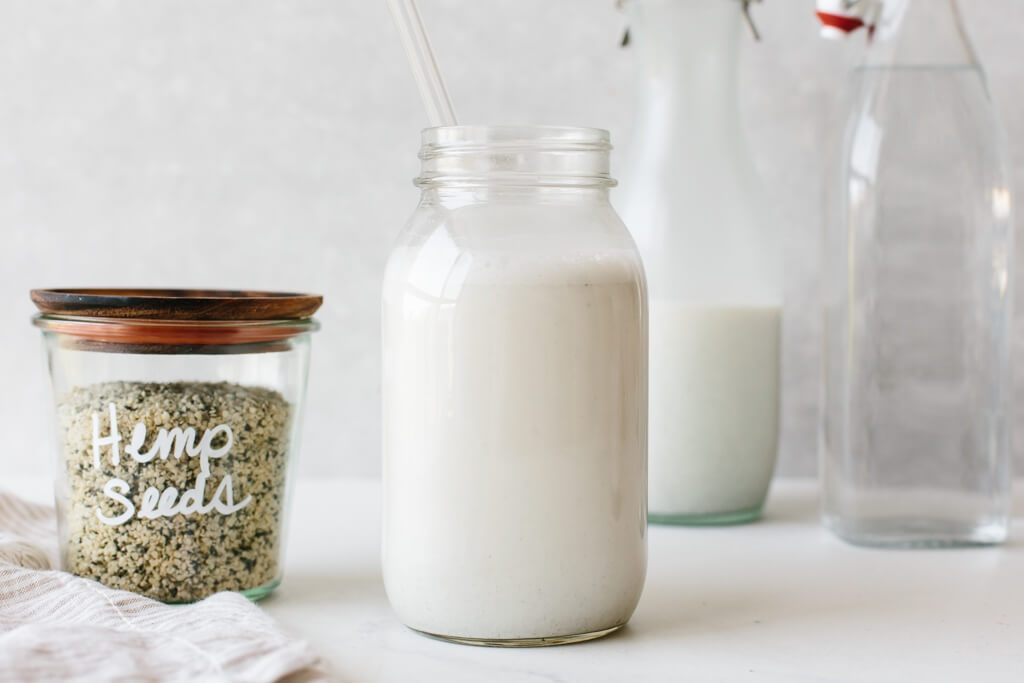
Water and shelled hemp seeds are used to make hemp milk. It has a lot of good stuff in it, such calcium, vitamin D, and a moderate quantity of protein (about 3 grams of protein per cup). It also contains omega-3 fatty acids, which is a nice plus. Unfortunately, some people may find hemp milk to be an acquired taste.
Cashew milk
This is one of the healthy alternatives to milk. Cashew milk is prepared by combining cashews and water to create a creamy beverage. Calcium and vitamins A, D, and B-12 are frequently added to this milk. Different brands will have different levels of nutrients, so read the nutrition label carefully. Although this milk substitute is low in calories, it is also poor in protein, with only 1 gram per cup.
Quinoa milk
Quinoa milk is prepared from quinoa that has been mixed and filtered. Quinoa is abundant in fiber, more so than most grains, and is regarded as one of the world’s healthiest foods. It also contains two plant antioxidants, quercetin and kaempferol, in addition to all nine essential amino acids. These two antioxidants have been found to help lower blood pressure, reduce inflammation, and lessen the risk of cancer.



